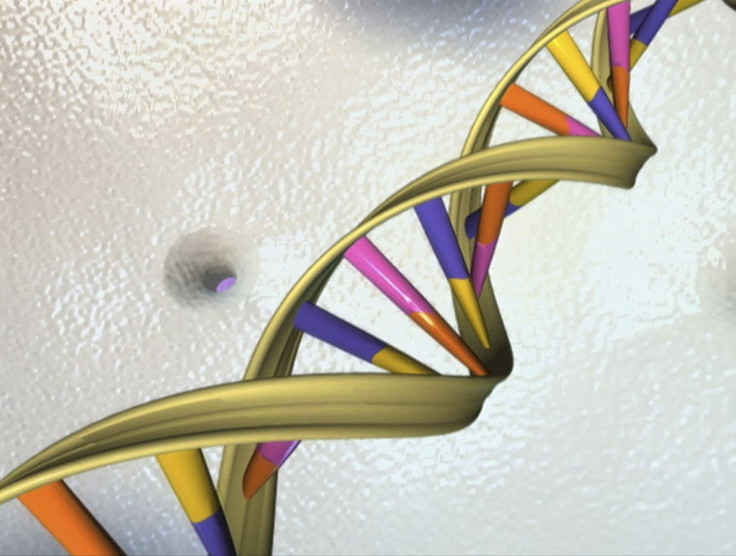Scientists Study How DNA-Binding Proteins Read, Interpret 'Epigenetic' Changes

The DNA in our cells, which contains the genetic instructions that make us human, is passed on from parent to child along an unending line of generations. However, as recent experiments in mice have demonstrated, there is more to transgenerational inheritance than that.
Studies have shown that even “learned” experiences, which do not alter the underlying genetic material, can be passed on from one generation to the next — in mice, fruit flies, and possibly even humans.
Read: Roundworms Can Retain Epigenetic Memories For At Least 14 Generations
In a new study published in the journal Science, a team of researchers has described how DNA-binding proteins (called transcription factors) react to and interpret these "epigenetic" changes. The study reveals that certain "master" regulatory proteins can activate regions of the genome that are normally inactive.
"This study identifies how the modification of the DNA structure affects the binding of transcription factors, and this increases our understanding of how genes are regulated in cells and further aids us in deciphering the grammar written into DNA," study co-author Jussi Taipale from Karolinska Institutet in Sweden said in a statement.
The researchers analyzed hundreds of human transcription factors, which are proteins that read the genetic information coded in DNA's sequence of four nucleotide bases — adenine (A), cytosine (C), guanine (G) and thymine (T) — and pass that on to RNA molecules.
All cells in the human body contain these bases in exactly the same order, but different genes are expressed in different cell types, allowing them to carry out their specialized functions.
Previous studies have shown that cytosine can exist in two forms, one of which is the methylated version methylcytosine. Since the methylation of cytosine does not alter the DNA sequence, but only influences when and where these proteins are produced, it is considered an epigenetic modification.
The researchers found that while most transcription factors are incapable of binding to DNA sequences containing methylated cytosine, some transcription factors actually prefer the methylated version, including some factors that play a key role in embryonic development, and in the development of prostate and colorectal cancers.
"The results suggest that such ‘master’ regulatory factors could activate regions of the genome that are normally inactive, leading to the formation of organs during development, or the initiation of pathological changes in cells that lead to diseases such as cancer," Taipale said.
Recent experiments on roundworms have shown that epigenetic memories can be passed through generations for much longer than previously believed. Studies involving human subjects have also suggested that the effects of certain experiences during childhood can sometimes be carried across generations.
Despite this, however, the phenomenon of epigenetic inheritance is still poorly understood. The new study could provide clues to the genetic code that controls the expression of genes, and may also further our understanding of embryonic development and diseases such as cancer.
© Copyright IBTimes 2025. All rights reserved.





















